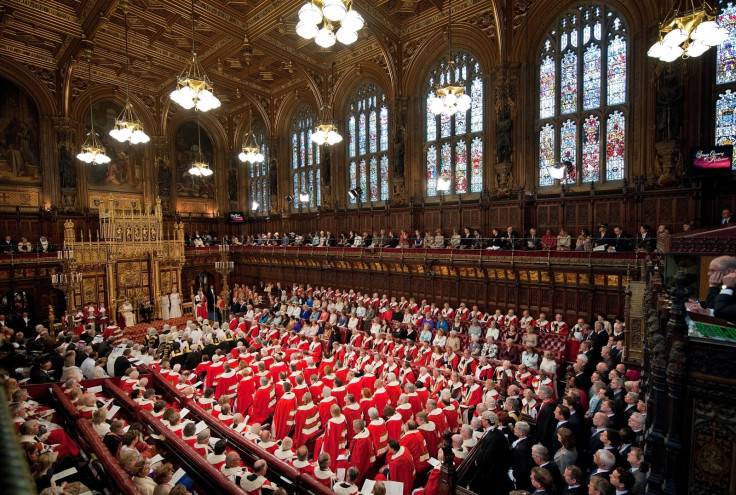The House of Lords deserves much better than endless meddlesome unelected quangocrats
Our legislature, flooded by Cameron and Blair, is second in size only to China's. This is not a sustainable situation.

Here are a few ways in which to constitute a second chamber.
- Straightforward democratic election.
- Election by a different method from the lower house – for example, one chamber elected by first-past-the-post, the other by proportional representation
- Selection by lot
- Appointment
- Heredity
- Regionalism, allowing provinces to return legislators, as in Germany's Bundesrat
- Nothing at all: unicameralism of the Danish or New Zealand model
There are arguments for or against all of these options – except the fourth. There are, as far as I can see, no persuasive arguments whatever for allowing the executive to nominate half the legislature. The whole purpose of a representative assembly is to hold the government to account, a purpose that is bound to be prejudiced when its members owe their seats to government patronage.
Option four is, of course, the method that has been used in Britain since Tony Blair's reform of the House of Lords in 1999 (other than 92 members chosen from the ranks of the hereditaries who are now, paradoxically, the only elected element in the upper house). Sure enough, the House of Lords can generally be relied on to favour high-spending and corporatist policies.
Why wouldn't it? Its members are drawn overwhelmingly from the quangocracy: those functionaries who spend their lives flitting from one executive agency to the next. Having worked either directly in the public sector or at one remove from it in a state-funded body, they tend to respond to every political challenge by wanting to spend more. It takes quite an effort to recall that the elemental function of Parliament, going back to Simon de Montfort in the thirteenth century, was to constrain, rather than amplify, executive spending.
I don't enjoy pointing this out. There are plenty of peers who are models of service and patriotism. I am proud to number several of them among my friends, and the chances are that at least some of them will be reading this article. Yet they will know, if they look into their hearts, that their chamber is not what it was, and that arrival of so many hacks and mediocrities over the past two years has made the current method of composition indefensible.
People are wiser than their leaders. Pundits and MPs – as well, it need hardly be said, as peers themselves – grandly assure us that there is "no appetite" for reforming the House of Lords. In fact, support for the status quo has collapsed over the past two years. Fully 63% of people now want an elected upper house, and 27% favour abolition. Only 10% still want to leave things as they are.
Why the sharp change in attitudes? Because the House of Lords itself has changed. Since 2010, no fewer than 295 new peerages have been created, making our legislature the largest in the world after China's. Nor are the appointments in any sense balanced. The Liberal Democrats, for example, with only 12 MPs, have 100 peers. What the Asquith Government threatened to do in 1910 – swamp the Lords with Liberal placemen – the Cameron Government actually did.
Sensing the change in mood, the House of Lords has proposed various superficial changes, such as imposing a retirement age, or making new appointments subject to a 15-year limit – a limit that, naturally, would not apply to existing peers.
Sorry, My Lords, but that won't do. Britain has an opportunity, as Brexit takes effect, to diffuse, democratise and decentralise power at home. We should call a Constitutional Convention that would examine all the options, including further devolution among the four home nations, greater powers for cities and counties and, yes, how to have a more efficient and accountable upper house. I have no doubt that the more talented peers will be able to stay on, whether as elected Senators or by whatever alternative method is chosen. And they will be able to take pride in the fact that they are no longer part of a chamber of Europhile, meddlesome busybodies who want to tell everyone what to do without seeking public support.
More than a century after Asquith's supposedly provisional deal on the Lords, and 18 years after Tony Blair's notionally even more stop-gap solution, the time has come to finish the job.
Daniel Hannan has been Conservative MEP for the South East of England since 1999, and is Secretary-General of the Alliance of European Conservatives and Reformists. Follow : @danieljhannan






